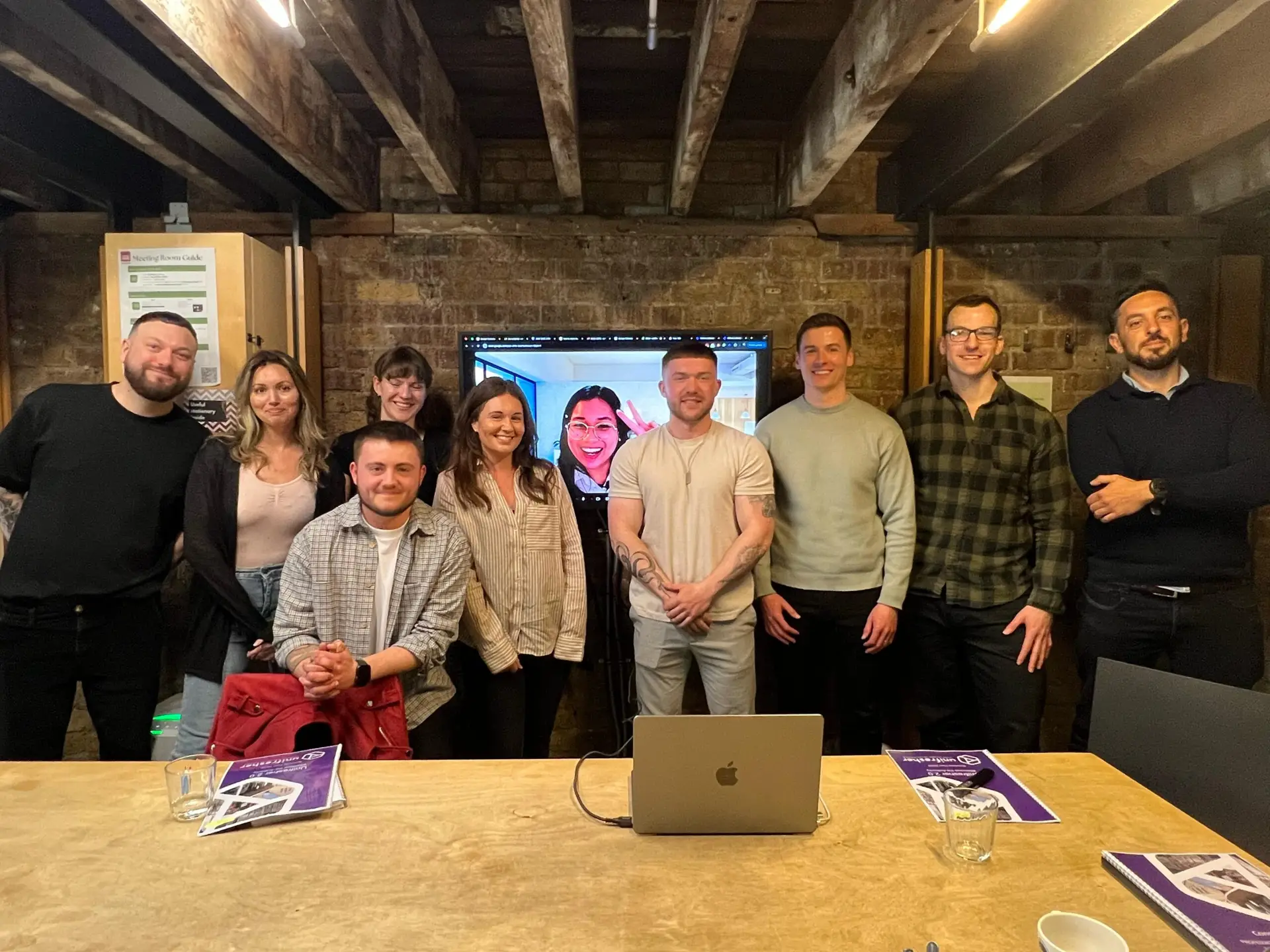
With second year coming to an end and graduation season looming for upcoming graduates, thinking about your next steps is inevitable for every university student. The thought alone of securing a graduate job is understandably stressful. Especially whilst being a third year student in the thick of their final assignments, a recipe for procrastination.
However, we’ve taken the liberty of speaking with a Manchester-based recruitment agency, Get Recruited. We asked ten questions we felt students wanted to know to ease any future doubts or worries, including our own. So if you’re interested in finding the best ways to secure a graduate job, keep scrolling.
1. What is a common pattern you notice in most students who secure graduate jobs? A placement year ext.
An enthusiasm for/knowledge of the industry they are applying for.
When you’re going for a graduate role, it’s expected that you won’t have industry experience, but if you make clear throughout your application that you have researched what the role looks like, the industry, and the company in more detail and relate that knowledge to the experience that you do have, it can take you a long way.
Hiring manager know that training will be required for these roles – but they want to see they’re investing the training time into someone who will genuinely want to be part of the team and are confident will work hard to learn and grow.
2. What’s the best way to get work experience?
- Internships – usually in the summer between second and third year of university
- Placement years – only available to certain course types
- Any type of work can be beneficial – whether its part time jobs, volunteering, summer jobs. These can all help you develop soft skills that you can speak about in interviews/ applications
3. What are the key things students should take note of when applying for graduate jobs? Salary, skills ext.
Progression opportunities – what are your longer-term goals and is this job a realistic pathway to getting there?
How many people stay on at the company beyond 1-2 years – some graduate roles are notorious for poor working conditions. Where possible, try to reach out to people who have gone through the graduate scheme to get a realistic idea of the day to day and a good picture of whether it’s the right role for you.
Opportunities to gain industry standard qualifications – A lot of companies will want to invest in you by providing opportunity for extra qualifications on top of your degree. If this isn’t clear when researching the company but is something you’re looking for – ask! Many of the employers we work with at Get Recruited offer structured development and progression pathways, so it’s worth exploring what’s out there.
4. Do employers like to employ graduates?

Yes – many employers are actively looking to hire graduates as part of their long-term talent strategy.
While you might not have a huge amount of hands-on experience yet, employers know this and are prepared to provide training and development opportunities. What they’re looking for is potential – someone who is enthusiastic, adaptable, and ready to learn.
Graduates often bring fresh ideas, up-to-date knowledge from university, and a strong motivation to prove themselves – all of which are really valuable to a business. If you can show that you’ve done your research, understand the role, and have the right attitude, employers will see you as a great investment.
5. What are employers looking for in a CV?
Evidence – anyone can say they’re motivated and hardworking, but when have you shown that? Give examples of how you’ve shown those traits through sports, volunteering, work experience, academic achievement etc.
Interest – done a free online course that relates to the industry you’re applying to? Put it on your CV. Chosen a university module that relates? – put that on as well. Interest is a key thing that recruiters for this kind of role and these things can demonstrate that.
Soft skills – This can be anything from public speaking to punctuality and organisation. These characteristics are just as important as your degree, so it’s always worth demonstrating how you portray these skills.
6. What are the most common misconceptions around graduate jobs/schemes?
“The best/only graduate schemes are at the largest businesses” – wrong!
There are so many opportunities out there at smaller businesses that aren’t always as visible as, for example, your EY and KPMGs.
Smaller businesses have a lot to offer graduates including mentorship from the people who run the business and working more closely with other departments. A smaller team can give you insight into roles you never even knew existed.
7. Is all work experience useful?
Yes. All work experience is valuable, but you need to proposition it correctly to show why it’s useful and how the skills you have gained doing those transfers to your graduate role.
8. How soon should students start applying for graduate jobs?
As early as possible – ideally in the first term of your final year.
Some graduate schemes open for applications a full year before the start date and often close by late autumn. Even if you’re not 100% sure what you want to do yet, getting familiar with the process and what’s out there can give you a huge advantage.
For graduate roles (as opposed to structured schemes), opportunities tend to open throughout the year – so it’s worth checking job boards regularly. The key is to stay proactive and keep building up your experience, even if it’s just part-time work or volunteering while you study.
9. How can graduates make the best impression in interviews?

Bring energy and personality – enthusiasm (or lack there of) is the number one piece of feedback we get from interviews.
Ask good questions – think longer term. e.g. “I would love to in the next five years grow into a management role, what steps would I need to take here to make that happen and how have you supported this path in the past?”
“I see that you’ve worked at the company for 10 years, what’s the number one reason that you have stayed here?” Or on the other side “I noticed you’ve joined this company recently from XX company – what was it about here that made you make the move?”
Research the company well – who are their key clients? What do they do? How long have they been in the market? Have they published any blogs or articles that you found interesting? Do they sponsor any clubs/teams in your local are?
10. How diverse are the range of graduate job roles displayed on your website? Do they cater more so towards STEM or are there opportunities for creative roles too?
There’s a wide variety of roles across different industries – it’s not just limited to STEM.
Whilst recruitment agencies like Get Recruited provide opportunities in finance, tech, and insurance, there are also plenty of roles in areas like marketing, business development, media, and more. Many of these roles look for creative thinkers, strong communicators, and people who can bring fresh ideas to the table – not just those with a STEM background.
Whether your strengths lie in analytical thinking or creative problem-solving, there’s something for you – it’s all about finding the right fit and tailoring your application to the opportunity.
If you’re searching for a graduate job, make sure to check out the best graduate recruitment agencies in your city.
Authors
-
View all postsI’m currently a second year student studying creative writing. From poetry, short stories, novels and more I very much enjoy all things fiction and non-fiction. I hope you find my articles both informative and enjoyable to read while you're at uni, or thinking about uni!
-
Connor is a seasoned content expert at Unifresher, specialising in publishing engaging and insightful student-focused content. With over four years of experience in data analysis and content strategy, Connor has a proven track record of supporting publishing teams with high-quality resources. A graduate of the University of Sussex with a BSc in Accounting and Finance, he combines his academic background with his passion for creating content that resonates with students across the UK. Outside of work, Connor enjoys staying active at his local gym and walking his miniature dachshunds.
View all posts






